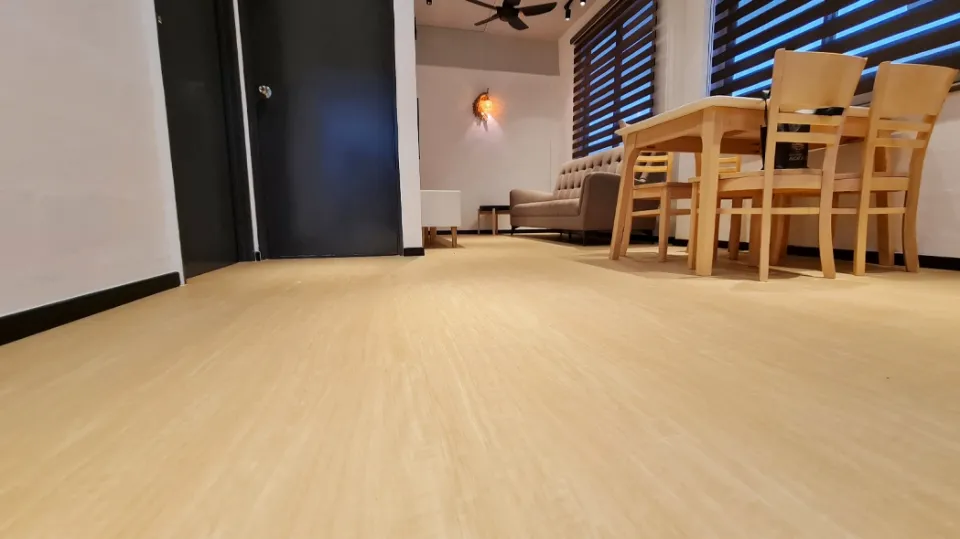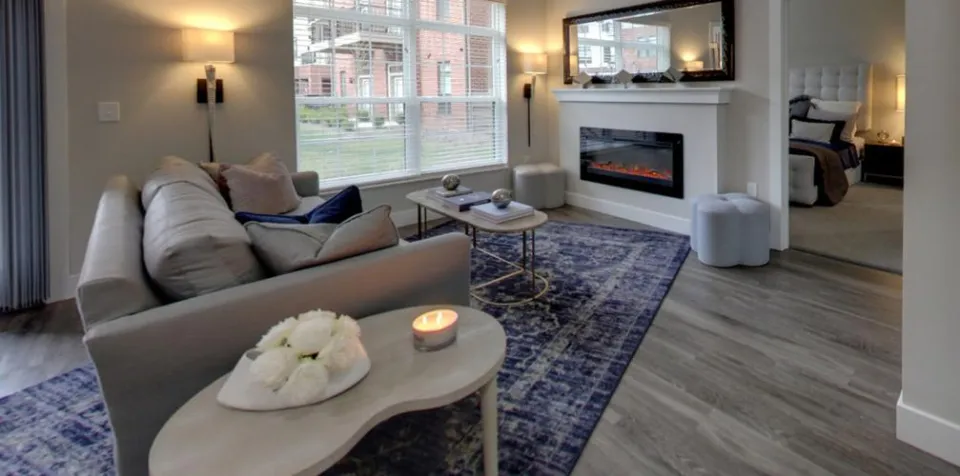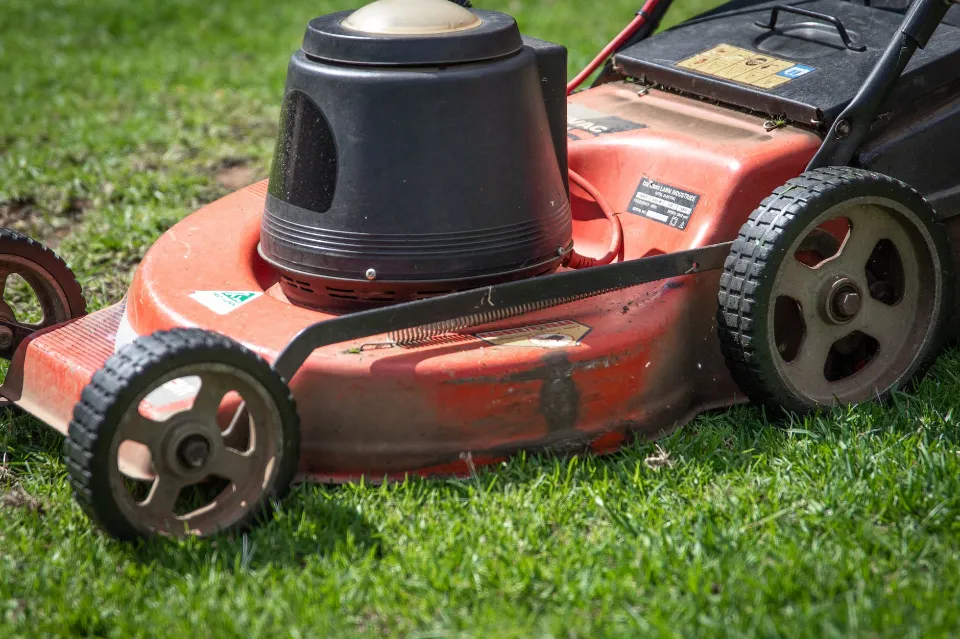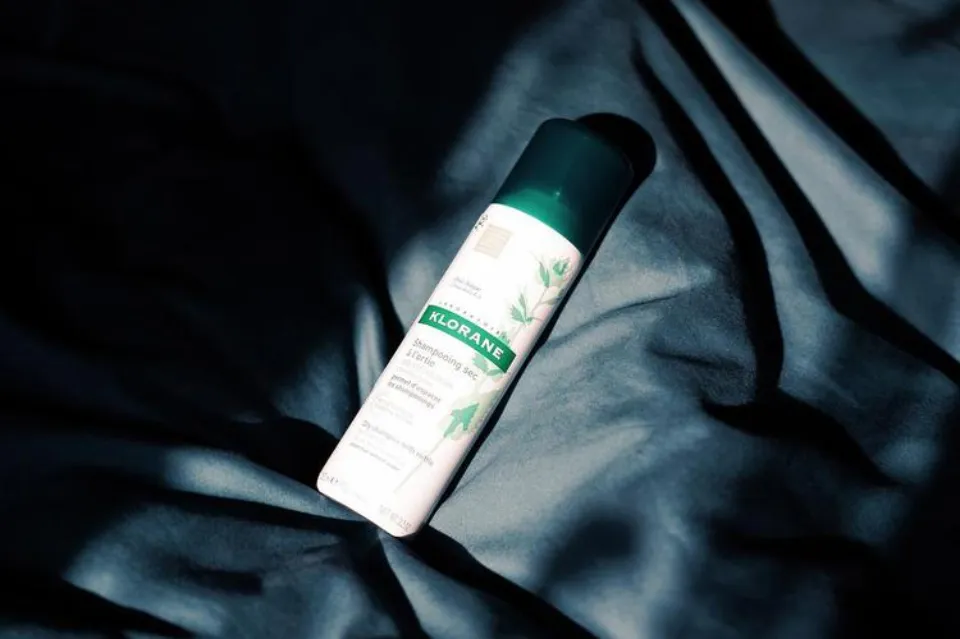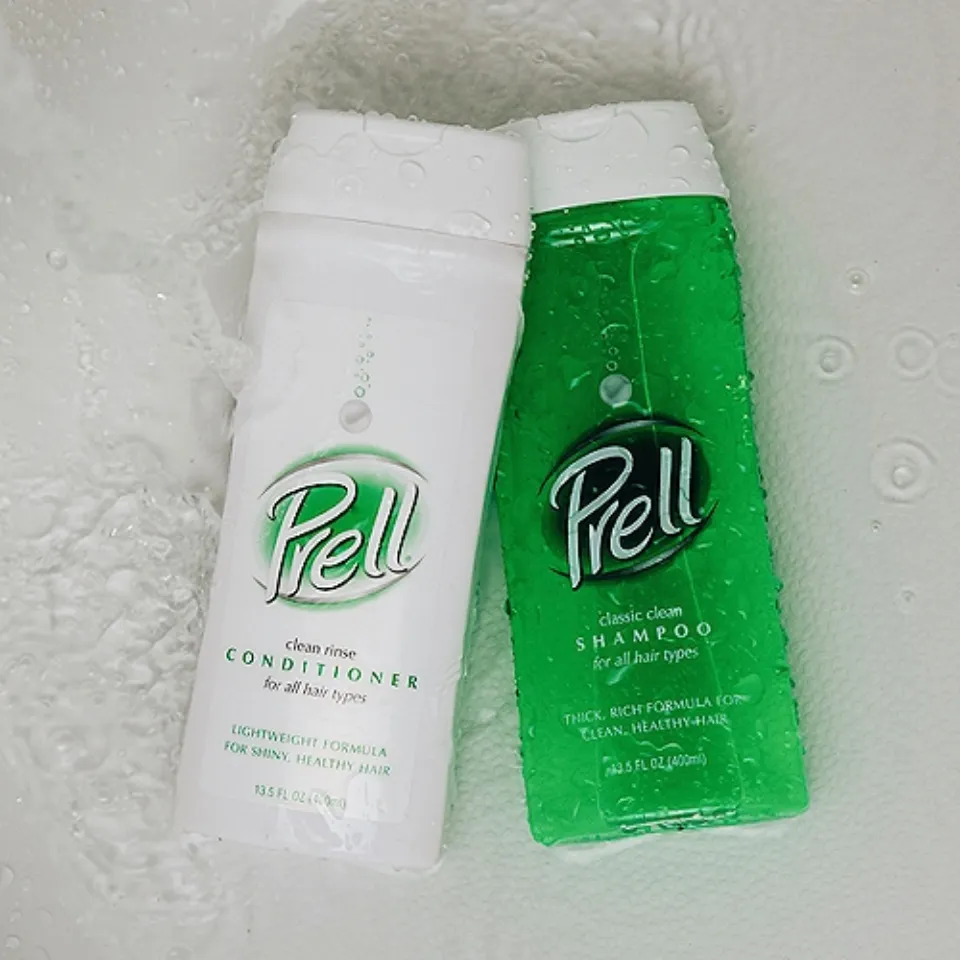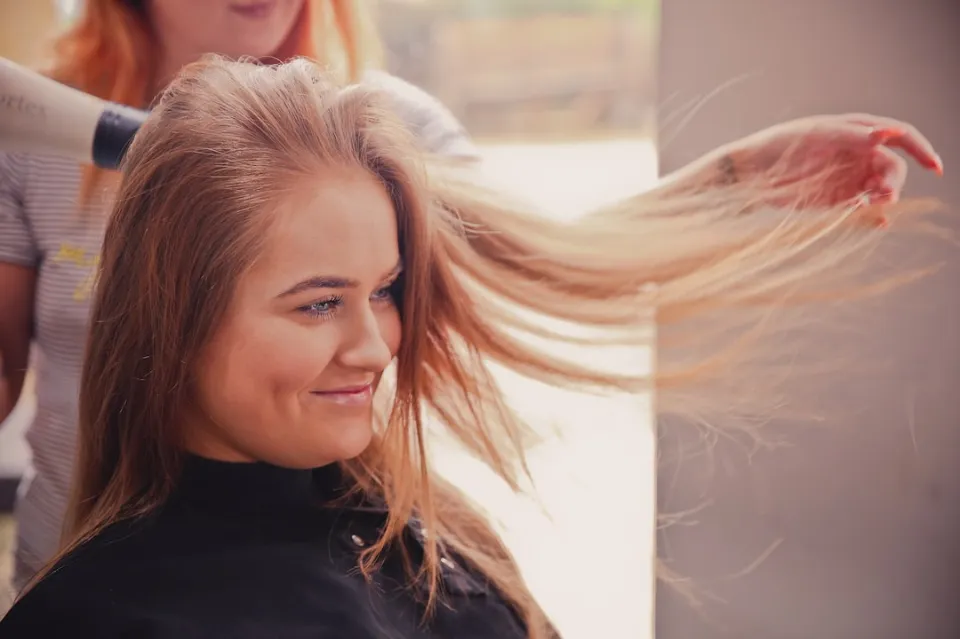Due to all of its incredibly appealing qualities and attributes, SPC flooring is growing in popularity.
More so than other types of flooring, SPC flooring can withstand high-traffic activity. SPC flooring is incredibly robust and resilient in high-traffic areas.
Advantages of SPC Flooring
Wide Range of Styles and Selections
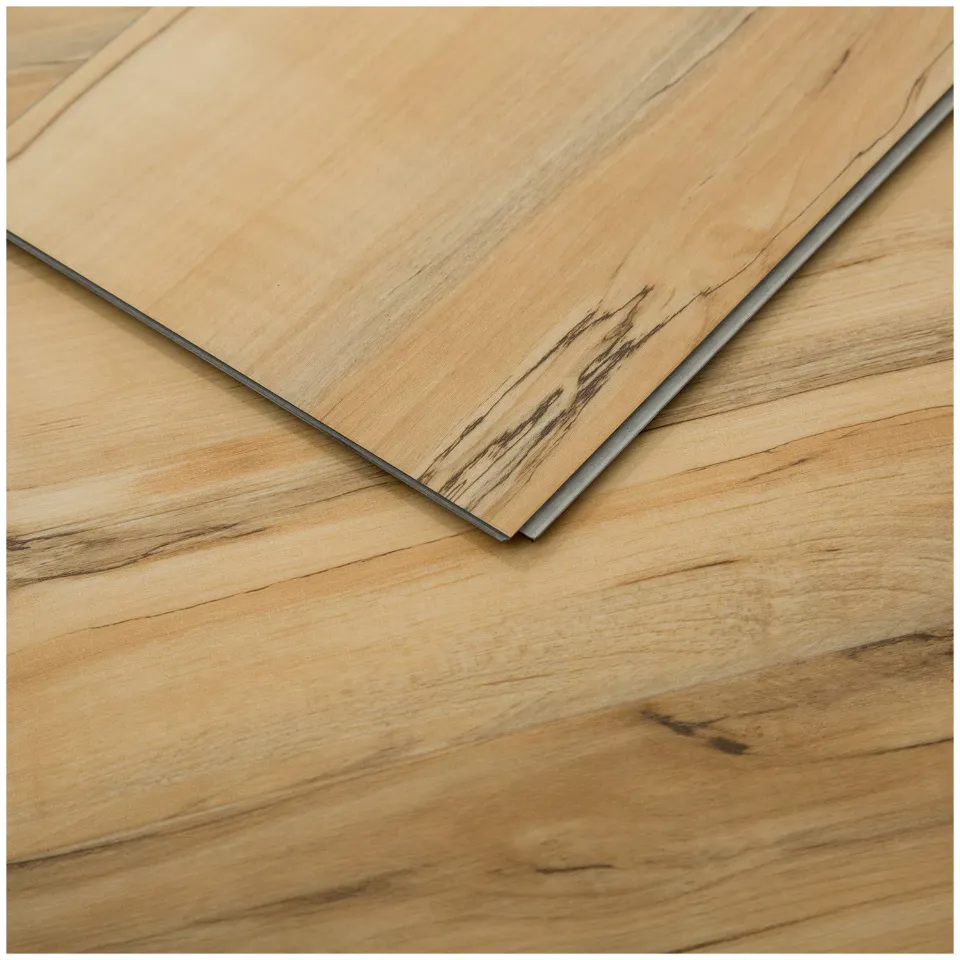
You have a ton of freedom to create the pattern and arrangement you want thanks to the wide range of styles available. Having fun mixing and matching various colors will help you achieve the look you want if you like to take chances. Simply let your imagination run free!
Read More: SPC Flooring vs LVP
Real Wood-like Design
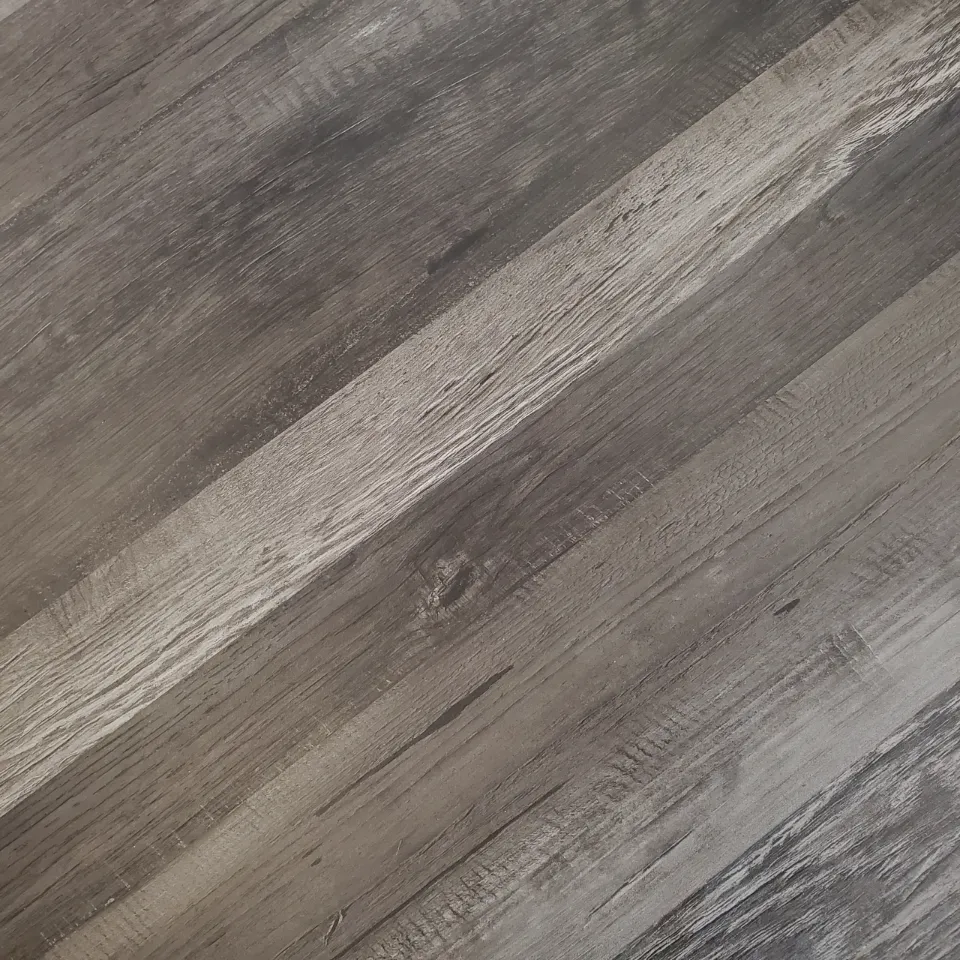
In actuality, the reason SPC flooring is so well-liked is its timeless design, which emulates the beauty of nature. Some brands even manage to achieve a real-wood likeness that makes it challenging to tell the difference at a distance. You can proudly claim that it is a “wood” floor without any of the drawbacks of real wood. Isn’t it wonderful?
Budget Friendly
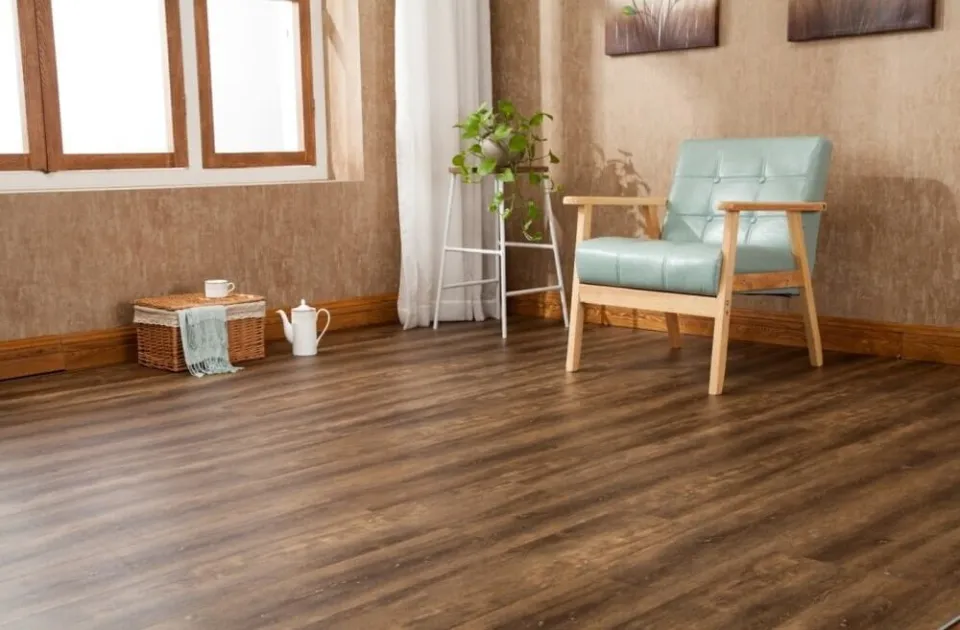
Generally speaking, SPC flooring is much more affordable than hardwood flooring while still being able to give you the desired natural wood-look effect. The installation fee is also reasonably priced. By doing the installation yourself, you can even save money on labor. It goes without saying that it is an excellent substitute for pricey wood flooring.
Able to Sustain High Traffic
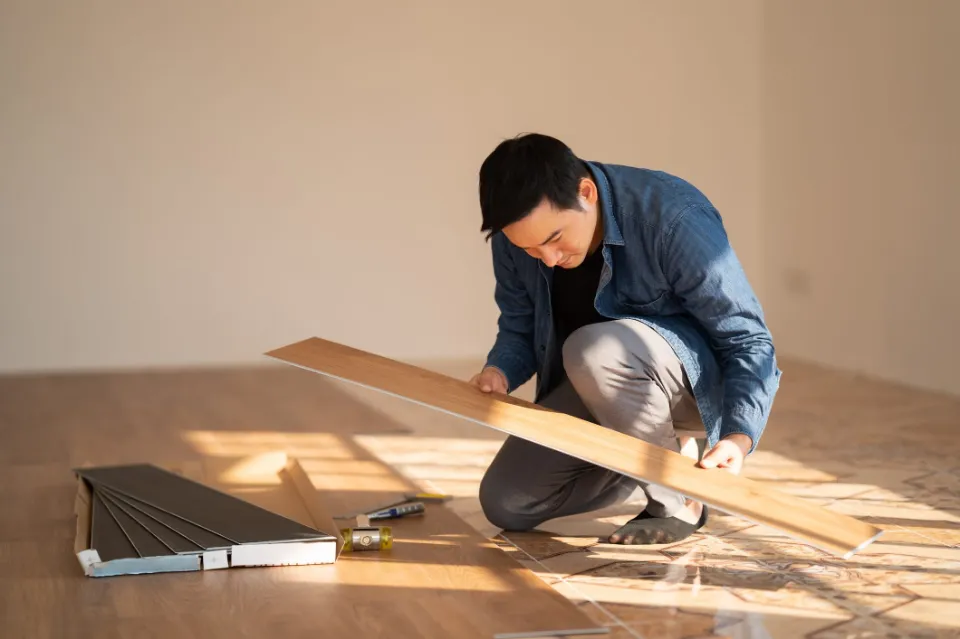
That SPC flooring can withstand high-traffic activity better than other types of flooring shouldn’t come as a surprise. In fact, this quality is a big part of why SPC flooring is so well-liked. It can withstand heavy foot traffic, making it ideal for large families or active people.
Durable and Long-lasting
SPC flooring can last up to 20 years longer if it is properly maintained, so don’t be surprised by that. Because of this, some well-known SPC flooring brands are able to offer warranties of 15 years or longer. The SPC quality range and manufacturing processes are what determine how long your SPC flooring will last. In terms of quality, the SPC materials listed below have a strong emphasis on durability.
- The homogeneous type of SPC with the highest resistance to surface damage and scratches is solid and composite SPC.
- Fiberglass reinforced SPC: Because fiberglass is so strong and flexible, it is one of the most durable types. This kind of SPC material can withstand heavy use and is incredibly durable.
Easy to Clean and Maintain
SPC flooring may be what you need if you don’t keep your home clean or don’t have much time for housework. To keep your home clean, all you need to do is sweep occasionally and damp mop the floors.
Even if you discover any broken tiles or pieces, you can simply replace them one at a time rather than ripping out the entire flooring. As opposed to other types of flooring, SPC flooring is much simpler to keep in good condition, as you will quickly discover.
Simple and Direct Installation
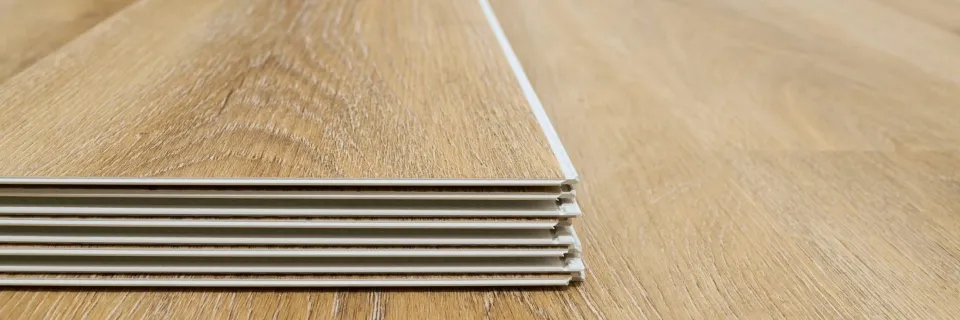
As long as your flooring is flat and smooth, SPC flooring can be put down directly on top of an existing floor. Installation is fairly straightforward, especially for the click-lock style. According to rumors, it was created for DIY enthusiasts!
Stain Resistant
One variety of SPC flooring is well known for being stain resistant. These are SPC-printed tiles or sheets. The wear layer that serves as a barrier against spills and stains on the SPC surface is the theory behind this.
If stain resistance is your primary concern, you might want to steer clear of composite or solid SPC flooring since not all types of SPC flooring have strong stain resistance.
Water Resistant
Water finds it challenging to sip into SPC flooring that has been installed properly because it is nearly seamless. It can be installed in almost every room of your home, including the laundry room, thanks to this intriguing benefit.
Disadvantages of SPC Flooring
Difficult Subfloor Preparation
Prior to installation, the subfloor needs to be level, smooth, and dirt-free. To achieve the best results, you must put some time and effort into this process.
The SPC surface will develop lumps and bumps if the subfloor is not properly prepared, as any particles are trapped there. Over time, this will result in significant flooring problems and may even cause SPC parts to rip and tear.
No Extra Resale Value Added
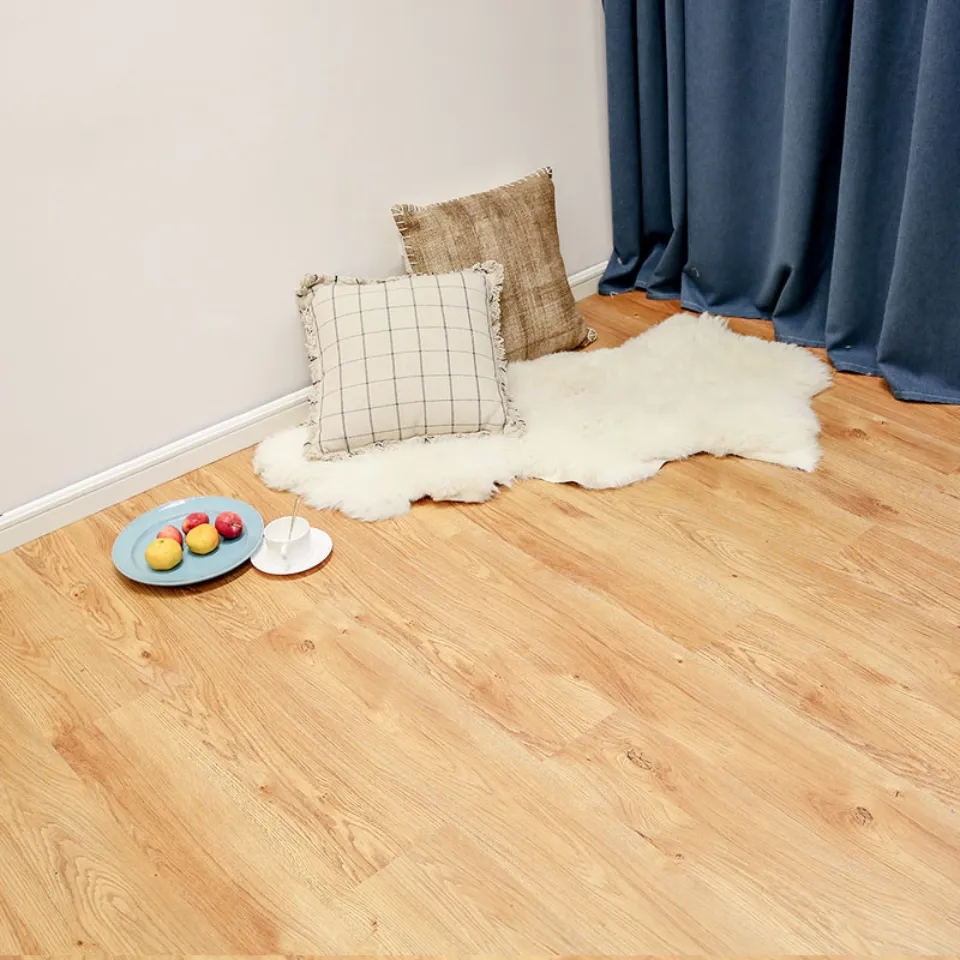
Many people may have believed that installing SPC flooring in your home would increase its resale value. But the cold, hard truth is that, unlike hardwood flooring, SPC flooring adds no value to your home if you decide to sell it.
Toxic Hazard When Burned
SPC flooring is made of plastic, which when burned releases odors and hazardous chemicals into the atmosphere. As a result, it is not advised to be used in areas with high heat or potential for fire, such as commercial kitchens.
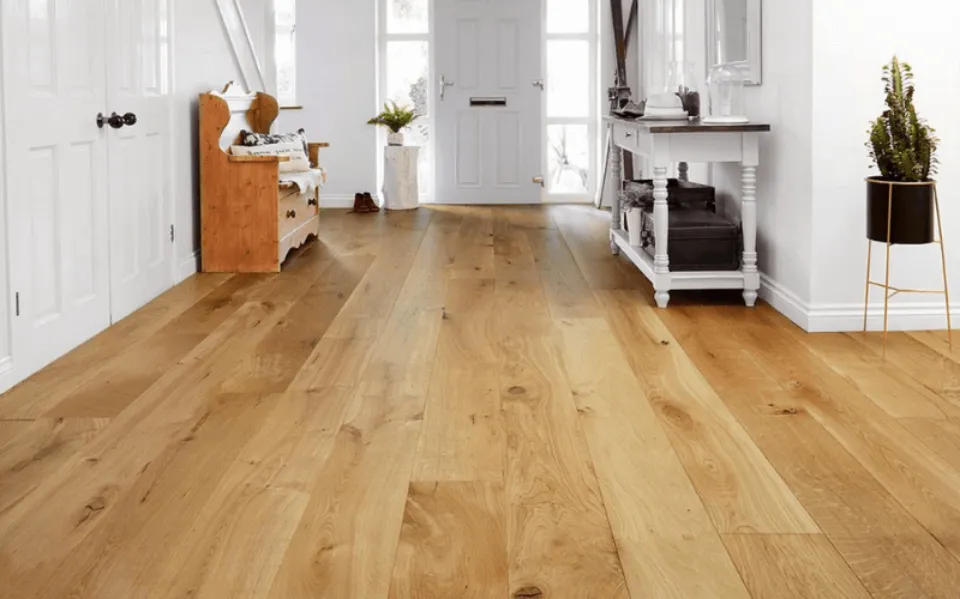
Environmental Issue
SPC flooring is made of non-biodegradable material. So, the majority of SPC flooring can be considered non-recyclable. The production of recyclable SPC flooring is still done by a few manufacturers. Landfills will receive worn-out SPC flooring that cannot be recycled.
Chemicals released from a worn-out SPC will eventually cause environmental pollution. Not only that, but the production of SPC flooring necessitates a substantial use of natural gas, petroleum, and other non-renewable resources.
Unable to Be Refinished Or Repair
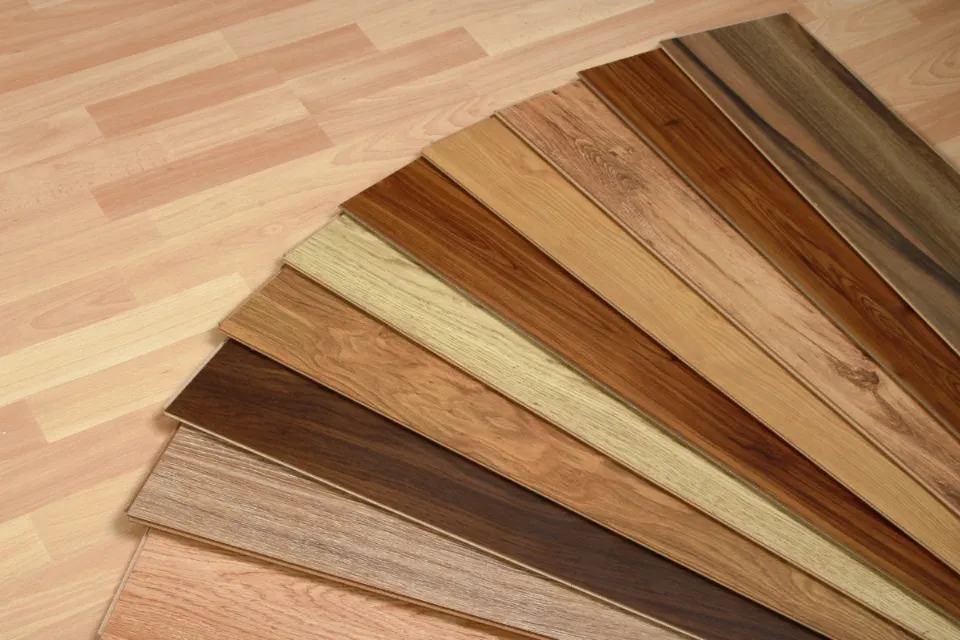
SPC flooring is known for its high durability, but some low-quality SPC flooring is more easily worn down or torn. It is difficult to repair once it has been damaged and to make matters worse, no refinishing work can be done. Replacement of that specific component is the only option.
As opposed to SPC sheets, SPC tiles or planks are typically much simpler to replace. Therefore, before selecting the type of SPC flooring that is best for your needs, you should definitely give this some thought.
Volatile Organic Compound (VOC)s Emission
SPC flooring is made of polyvinyl chloride (PVC), which releases volatile organic compounds into the atmosphere, especially when it is first put in. After installation, you need to let some fresh air in by opening the windows and doors.
Fear for the quality of the air inside? The good news is that since 2010, many improvements have been made and the majority of manufacturers are aware of this problem.
The majority of SPC flooring available today was created using less PVC during production as a result. For certification on emission standards, you can also contact the manufacturer of your SPC flooring.
Difficult to Remove Once Installed
If you intend to take out the installed SPC flooring yourself, you will need patience and time. Removing adhesive-type SPC flooring could result in a mess depending on the type that was installed.
Susceptible to Sharp Objects
The surface of SPC flooring will be scratched and abraded by heavy furniture, pet paws, sand, or any sharp objects.
Contact with sharp and abrasive objects requires extra caution. For the sake of maintaining a smooth flooring surface, never forget to cover SPC flooring with a layer of felt, mat, or rugs.
How Much Does SPC Flooring Cost?
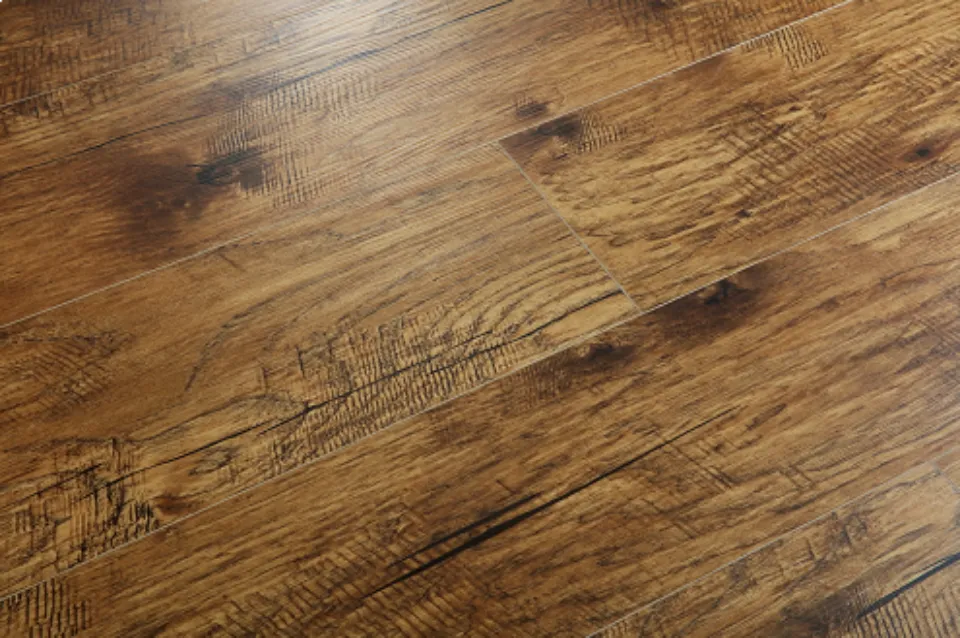
When installed yourself, it’s less expensive than genuine hardwood or stone tile. The national average price per square foot (psf) for rigid core flooring, including SPC and WPC options, is about $4. Compare that to stone tile, which costs $5 to $10 per square foot (without installation), and hardwood, which ranges from $3 to $10 per square foot.
Due to the identical plank construction using various materials and the similar installation process, SPC might be regarded as a type of laminate. Laminates can be less expensive than SPC because their typical price ranges from $1.50 to $3.50 per square foot. However, laminate flooring isn’t quite as strong, resilient, or cozy. Comparable to laminate, expert installation costs between $3 and $8 per square foot.
Where is the Best Place to Use SPC Flooring?
For main floors of residential homes with typical wear in kitchens, living areas, or bathrooms, SPC is a fantastic cost-effective option. Due to its low maintenance requirements, ability to withstand damage, and affordability to replace in order to maintain a contemporary appearance, it is also fantastic for secondary vacation homes, rental homes, and basements where waterproofing will be beneficial.
How to Install SPC Flooring
With an SPC core, luxury vinyl flooring is available in tiles or planks that snap together to create a floating floor. Most of them don’t need glue, unlike earlier versions. Because you can cut them by scoring with a knife and snapping, they’re even simpler to put together than laminate planks. To cut curves and notches, a saw is the only tool required.
Hardwood, vinyl, and some types of tile are just a few of the other flooring types that SPC can be installed over. It may be necessary to first prepare the subfloor since it must be flat. If the item you install doesn’t have an underlayment, you should use one. To keep the flooring in place, you must lastly install baseboards.
Conclusion
Even though you may not think about it often, floors endure a lot of abuse. Maintaining your floors doesn’t have to take a lot of time or money.
Over time, things like muddy shoes, pet claws, and running children all cause harm. You might already be aware of hard flooring if you had been actively looking for it.
Stone-Plastic Composite Flooring (SPC) is an upgrade to Luxury Vinyl Tiles (LVT), which are specifically made with click-locking joints, simple installation, and water-proof properties. It is safe for both residential and commercial applications and is made of stone-plastic composite.
FAQs
Is SPC Flooring Any Good?
Because SPC flooring is so adaptable, it ranks among the best alternatives to solid hardwood floors. It’s a great option for mudroom flooring, kitchen flooring, and even laundry room flooring because it’s strong and waterproof. Commercial spaces with high traffic cannot be supported by this flooring.
Which is Better LVP Or SPC?
SPC has a number of benefits over LVP, but it also has a disadvantage. It is more expensive than vinyl due to its rigid, composite construction. LVP is probably a better option if you’re on a tight budget even though both are still less expensive than wood, stone, or tile.
Is SPC Flooring Good for Residential?
For both domestic and business settings, SPC flooring is a fantastic choice. It has a variety of styles, is strong, and is simple to clean. But to make sure the floor lasts a long time, it must be properly maintained.

